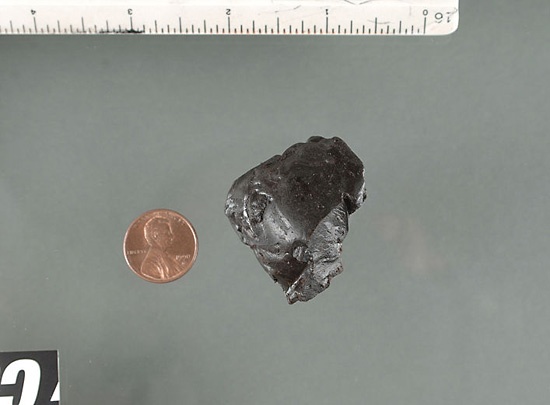morphine
drug
 narcotic analgesic drug used in medicine in the form of its hydrochloride, sulfate, acetate, and tartrate salts. Morphine was isolated from opium by the German chemist F.W.A. Sertürner in about 1804. In its power to reduce the level of physical distress, morphine is among the most important naturally occurring compounds, being of use in the treatment of pain caused by cancer and in cases where other analgesics have failed. It also has a calming effect that protects the system against exhaustion in traumatic shock, internal hemorrhage, congestive heart failure, and debilitated conditions (as certain forms of typhoid fever). It is most frequently administered by injection to ensure rapid action, but it is also effective when given orally.
narcotic analgesic drug used in medicine in the form of its hydrochloride, sulfate, acetate, and tartrate salts. Morphine was isolated from opium by the German chemist F.W.A. Sertürner in about 1804. In its power to reduce the level of physical distress, morphine is among the most important naturally occurring compounds, being of use in the treatment of pain caused by cancer and in cases where other analgesics have failed. It also has a calming effect that protects the system against exhaustion in traumatic shock, internal hemorrhage, congestive heart failure, and debilitated conditions (as certain forms of typhoid fever). It is most frequently administered by injection to ensure rapid action, but it is also effective when given orally.Morphine produces a relaxed, drowsy state and many side effects that result from the depression of the respiratory, circulatory, and gastrointestinal systems. It also is an emetic and a general depressant. The most serious drawback to the drug is its addictiveness.
Morphine, an opium alkaloid, can be converted into heroin, which shows a considerably stronger euphoric effect and is so powerfully addictive that its manufacture is legally prohibited in many countries. Other derivatives of morphine include the analgesics methylmorphine ( codeine), ethylmorphine, dihydrocodeinone, and dihydromorphinone and the emetic apomorphine.
The structure of morphine proposed in the 1920s by J.M. Gulland and R. Robinson was confirmed in 1952 by its total synthesis, accomplished by M. Gates and G. Tschudi. Synthetic organic chemistry also has provided a number of compounds (as meperidine, methadone, and pentazocine) that have in part supplanted morphine in medical use.
Morphine is extracted from the dried milky exudate of the unripe seed capsule of the opium poppy (Papaver somniferum). It occurs as colourless crystals or a white crystalline powder.
- gymnasium
- gymnastics
- Gymnodinium
- Gymnophiona
- gymnosperm
- gymnostome
- gymnure
- Gympie
- gynecological examination
- gynecomastia
- Gyorgy Kepes
- gypcrete
- Gypsisol
- gypsum
- gypsy moth
- Gypsy Rose Lee
- gyrfalcon
- gyroscope
- Gyula
- Gyula Andrássy, Count (Gróf)
- Gyula, Count (Gróf) Andrássy
- Gyula Gömbös
- Gyula Harangozó
- Gyumri
- György Aczél